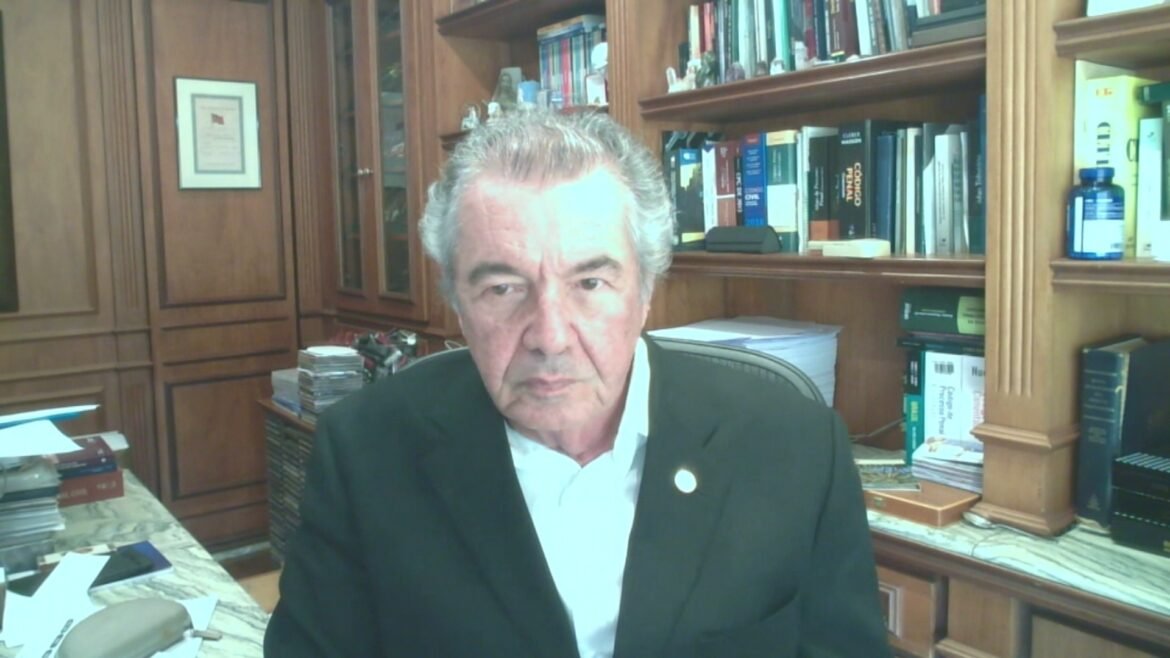The Federal Supreme Court (STF) formed a majority vote, this Thursday (23), to maintain the Court’s rule that allowed appointments of relatives to political positions. The appointment will be valid as long as the chosen one meets all the requirements set out by law. The action in the Supreme Court is an appeal that discusses whether the practice could constitute nepotism, a conduct prohibited by the Constitution.
The Court formed a score of 6 votes to 1 to maintain the understanding that the appointment of relatives does not constitute nepotism.
In 2008, the Supreme Court issued a summary to prohibit nepotism, but later recognized that the restriction does not apply to positions of a political nature, such as secretaries of State. The decision allowed governors to appoint relatives to positions in the state administration.
The case involves a municipal law in Tupã, in the interior of São Paulo, but the issue has national repercussions. In other words, the STF’s decision will be applied in cases that deal with the same topic in lower courts.
About the case, presenter Paula Valdez spoke, on Tarde Band News, with retired STF minister, Marco Aurélio Mello. He disagreed with the Court’s understanding that he had already adopted.
“When I was on the bench, for 31 years, I always spoke out against the appointment of relatives to positions freely appointed. Public affairs presuppose that whoever is in charge, serving citizens in general and there is no way to leverage kinship to appoint this or that relative to a secretariat. This, in my opinion, is a setback in terms of the Republic and in terms of democracy. What I cannot conceive of is a true sponsorship.”
Case rapporteur, Minister Luiz Fux voted to validate Tupã’s municipal law. For Fux, the head of the Executive has the prerogative to choose his political assistants, as long as qualification criteria are respected and highlighted that the decision should not represent a binge of personal nominations.
“The Supreme Court’s message is that the rule is possibility; the exception is impossibility. It is not a letter of freedom to appoint anyone”, concluded Minister Fux.
Marco Aurélio Mello criticized the lack of clarity in the decision criteria.
“We need a criterion, a criterion that is noticeable at first glance. This criterion is unique for a role commissioned for a freely appointed position without a public examination; you cannot simply call on a relative, no matter how good the qualification. I have always understood the matter and remain convinced that it is the best solution.”
Fux’s vote was followed by ministers Cristiano Zanin, André Mendonça, Nunes Marques, Alexandre de Moraes and Dias Toffoli.
Flávio Dino was the first to disagree with the rapporteur and. Dino said that “legality and affection don’t mix”. The minister argued that the appointment of relatives does not work in the private sector and only happens in public administration.
Marco Aurélio classified the scenario of appointing relatives in the public service as “immoral”.
“I simply do not see it as moral for the holder of an executive position, an elected position, to designate a relative to assist a secretariat, a ministry, a relative”, concluded the former minister.
Despite the controversy and the appeal of public opinion, the story is not completely over, the trial was suspended and will resume next Wednesday (29). The votes of ministers Edson Fachin, Gilmar Mendes and Cármen Lúcia, the last to vote, will be delivered in the next session.

